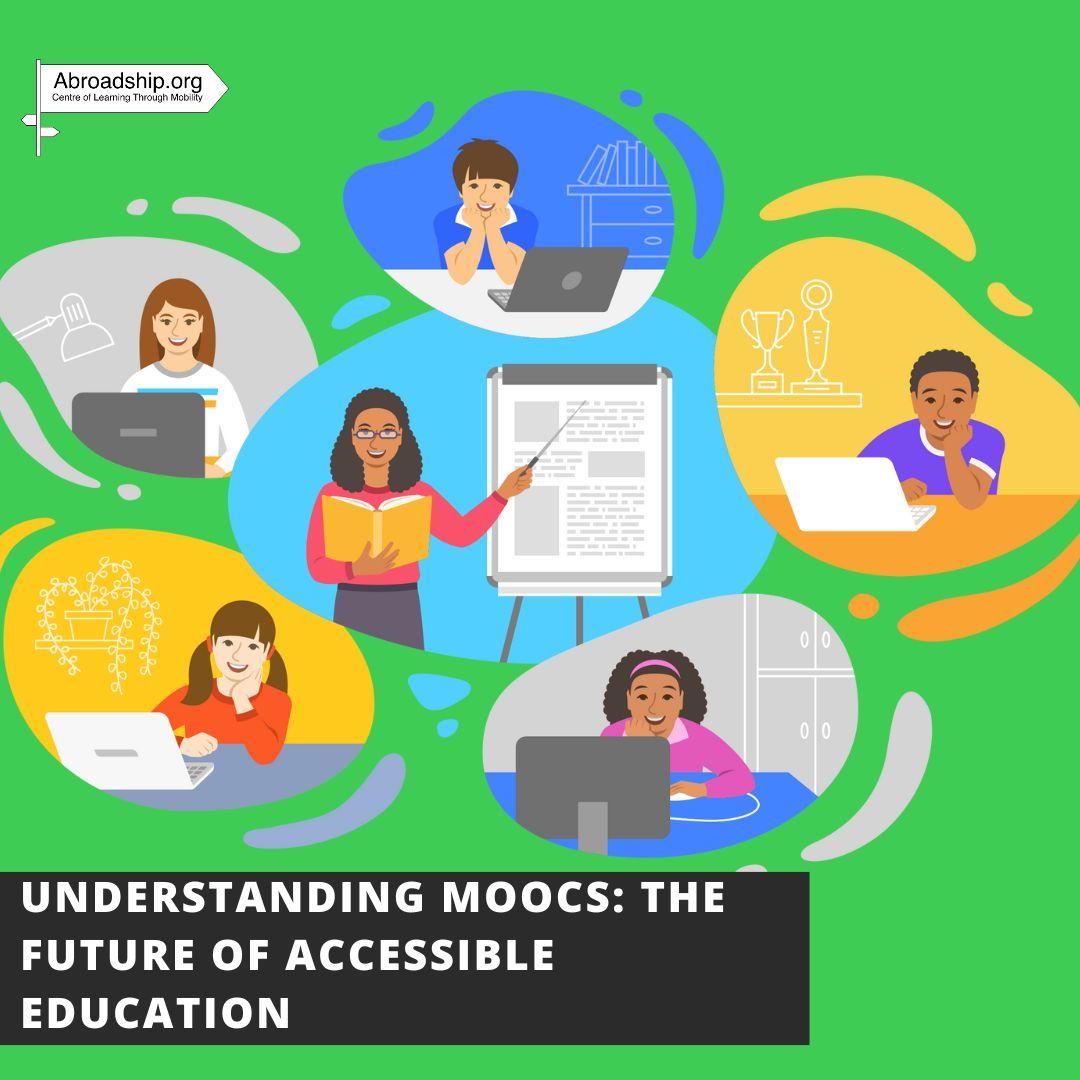How MOOCs Are Transforming Lifelong Learning: Benefits, Challenges, and Future Impact
In today’s rapidly evolving digital world, continuous education has become more critically important then ever. Whether you’re a working professional, a recent graduate, or someone looking to pivot into a new field, lifelong learning is the key to personal and career growth. Massive Open Online Courses, commonly known as MOOCs, have emerged as a powerful tool for transforming education and enabling lifelong learners to access high-quality resources anytime, anywhere. In this article, we’ll explore how moocs are reshaping lifelong learning, the benefits and challenges they bring, and their potential future impact on the global education landscape.
What Are MOOCs?
MOOCs, or Massive Open Online Courses, are web-based courses designed to be accessible for anyone interested, regardless of their location or academic background. Launched by top universities and industry experts,platforms like Coursera,edX,Udacity,and FutureLearn offer a vast range of subjects,from data science to creative writing,for free or at a low cost.
- Massive: Designed for thousands, sometimes millions of learners simultaneously.
- Open: Usually free or low-cost, no prerequisites required.
- Online: Remote access via internet, adaptable to anyone’s schedule.
- Courses: Structured with video lectures, readings, quizzes, and peer forums.
The Emergence of Lifelong Learning in the digital Age
lifelong learning refers to the voluntary and ongoing pursuit of knowledge for personal or professional reasons. In an age where technology and job requirements change rapidly, traditional degree programs alone often aren’t enough. Lifelong learning ensures individuals stay relevant and competitive.MOOCs serve as a catalyst, offering flexible, scalable, and up-to-date learning experiences tailored to the needs of adult learners worldwide.
Benefits of MOOCs for lifelong Learners
Leveraging MOOCs for lifelong learning comes with numerous advantages that are transforming how we think about education:
- Accessibility and Flexibility: Access course materials 24/7, study from any location, and learn at your own pace—perfect for balancing education with work or family life.
- Affordability: most moocs are free or offer a paid certificate, making learning budget-friendly compared to traditional college courses.
- Wide Variety of Courses: From technical skills to the humanities, the range of subjects is vast and constantly expanding.
- Global Exposure and Networking: connect with international peers, renowned instructors, and industry leaders through discussion forums and group projects.
- Personalized Learning Paths: MOOCs often include flexible modules and optional content, enabling learners to tailor education to their goals.
- Career Advancement: Acquire industry-relevant skills, earn certificates, and enhance your CV or LinkedIn profile.
- Real-World Applications: Many MOOCs focus on practical skills and hands-on projects, making learning promptly applicable in the workplace.
Challenges Facing MOOCs and Lifelong Learners
While the benefits are significant, moocs aren’t without their challenges. Here are some key obstacles educators and learners must overcome:
- Low Completion Rates: Self-paced learning can struggle with motivation, leading to high dropout rates.
- Lack of Formal Accreditation: Although many MOOCs offer certificates,not all are recognized by employers or academic institutions.
- Quality Variation: Not every course offers the same level of depth and engagement as traditional classroom settings.
- Digital Divide: Internet access and digital literacy remain barriers, especially in developing countries.
- Limited Interaction: Peer engagement and instructor support can be limited compared to in-person education.
Practical Tips for Successful lifelong Learning with MOOCs
Maximize your online learning experience with these actionable strategies:
- Set Clear Goals: Define why you’re taking the course—career advancement, personal interest, or skill development.
- Establish a Routine: Dedicate specific hours each week to course materials to maintain momentum and engagement.
- Engage with the Community: Participate in forums and teamwork activities to deepen understanding and build your network.
- Apply Your Knowledge: Work on real-world projects or share your learning with colleagues to reinforce new skills.
- Choose Recognized platforms: Select reputable MOOC providers that offer certificates verified by leading universities or organizations.
Case Studies: Real-World Examples of MOOCs in Action
Case Study #1: Upskilling Tech Professionals
IBM partnered with Coursera to deliver AI and data science MOOCs to its employees. Over 40,000 staff participated, resulting in accelerated adoption of new technologies within the company and improved employee retention.
Case Study #2: Empowering Learners in Developing countries
In Africa, edX and the African Virtual University collaborated to make STEM MOOCs available to students with limited educational resources. This initiative helped bridge the digital skills gap and broaden access to vital career opportunities.
The Future Impact of moocs on Global Lifelong Learning
MOOCs continue to evolve, and their future impact on lifelong learning is promising.Here’s what experts predict:
- Micro-Credentials and Stackable Degrees: Shorter courses and “nanodegrees” enable learners to build formal qualifications over time.
- AI-Powered Personalization: Adaptive learning technologies will offer tailored content, feedback, and learning journeys.
- Enhanced Industry Partnerships: Collaboration between MOOC platforms and employers will lead to more job-relevant programs and certifications.
- Increased Accessibility: as internet access grows, MOOCs will empower underserved communities and democratize education globally.
- Workplace Integration: Organizations will increasingly use MOOCs for employee training, onboarding, and leadership development.
By integrating cutting-edge technology and offering flexible, affordable education, MOOCs are poised to play a pivotal role in the future of lifelong learning worldwide.
Conclusion
The growth of MOOCs has made it easier than ever to pursue lifelong learning,acquire new skills,and stay relevant in a fast-paced world.While challenges remain,the benefits of MOOCs—from global access to affordable,flexible education—are undeniable. By embracing these innovative online courses, learners of all ages and backgrounds can unlock new opportunities, boost their careers, and foster a culture of curiosity and personal growth. The future of learning is online, open, and lifelong—thanks in large part to the global reach of MOOCs.

